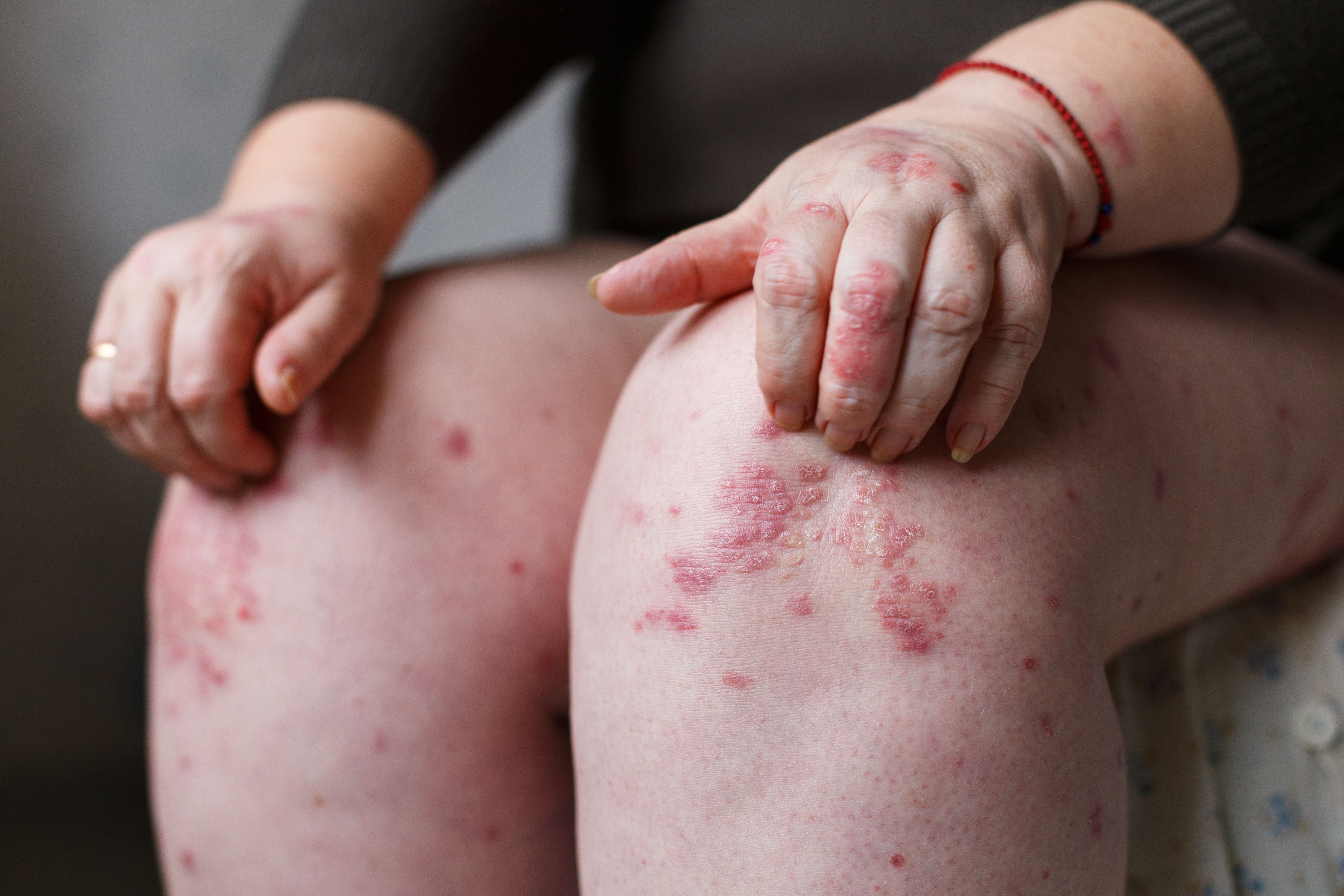- Acne
- Actinic Keratosis
- Aesthetics
- Alopecia
- Atopic Dermatitis
- Buy-and-Bill
- COVID-19
- Case-Based Roundtable
- Chronic Hand Eczema
- Chronic Spontaneous Urticaria
- Drug Watch
- Eczema
- General Dermatology
- Hidradenitis Suppurativa
- Melasma
- NP and PA
- Pediatric Dermatology
- Pigmentary Disorders
- Practice Management
- Precision Medicine and Biologics
- Prurigo Nodularis
- Psoriasis
- Psoriatic Arthritis
- Rare Disease
- Rosacea
- Skin Cancer
- Vitiligo
- Wound Care
Article
New biologics target a number of dermatoses
Author(s):
The development of new biologics targeting a variety of dermatoses is on the upswing with some treatments coming to the clinic as early as this year, according to April Armstrong, M.D. who discussed the topic at the American Academy of Dermatology Spring Meeting in Washington, D.C.
The development of new biologics targeting a variety of dermatoses is on the upswing with some treatments coming to the clinic as early as this year, according to April Armstrong, M.D. who discussed the topic at the American Academy of Dermatology Spring Meeting in Washington, D.C. (Ольга Тернавская - stock.adobe.com)

The development of new biologics targeting a number of dermatoses is on the upswing, and some treatments could be coming to the clinic as early as this year.
According to April Armstrong, M.D., associate dean for clinical research and professor of dermatology for Keck School of Medicine at the University of Southern California, emerging biologics are on the horizon for psoriasis, atopic dermatitis and melanoma.
Armstrong discussed these potential treatment options at the American Academy of Dermatology Spring Meeting in Washington, D.C.
“Clinicians need to know about these biologics because they will likely be introduced to their clinics at some point in the coming year,” she said.
PSORIASIS
For psoriasis, she said, there are three new biologics in late-stage development - two interleukin (IL)-23 inhibitors and one IL-17 inhibitor. According to clinical trial data, the IL-23 inhibitors risankizumab and mirikizumab, which could be on the market later this year, have demonstrated high efficacy at lower dosing rates. Study participants have experience psoriasis improvement with doses at either 8 or 12 weeks.
Additionally, IL-17 inhibitor bimekizumab has been found to work quickly with high efficacy, as well, with as many as 90 percent of study participants reaching a PASI 90 score.
ATOPIC DERMATITIS
Atopic dermatitis research is also advancing for two IL-13 inhibitors, tralokinumab and lebrikizumab, one IL-31 inhibitor, nemolizumab, and an unnamed OX-40 antagonist, Armstrong said.
“The main message here is that we’re still trying to figure out the optimal pathway for atopic dermatitis when we treat it with biologics,” she said.
In one clinical trial, lebrikizumab was found to reduce the effects of atopic dermatitis when used in conjunction with topical corticosteroids. A tralokinumab study also showed patients treated with the biologic saw improvement in their EASI scores. Additionally, a clinical trial revealed subcutaneously administered neolimzumab reduced the effects of pruritus and dermatitis.
MELANOMA
Despite being revolutionized over the past decade, melanoma could soon have a new biologic treatment on the way, she said. It’s the PD-1 inhibitor spartalizumab.
This humanized monoclonal antibody inhibits PD-1 signaling, activates T cells, and prompts an immune response to tumor cells, leading to tumor reduction.
Although these biologics are not yet available for clinical use, dermatologists who know these potential therapies exist and are on the way will be able to provide better medical guidance to their patients, Armstrong said.
“Dermatologists need to know about these biologics because the role of these treatments has really increased in dermatology beyond psoriasis,” she said. “It’s important they have this information so they can tell their patients that aren’t responding to some of their current therapies that other treatments in late-stage development could potentially help them once they’re approved and on the market.”
Reference:
S029 - Controversies and Difficult Questions Concerning Biologic Therapeutics. “New biologics on the horizon for a variety of important dermatoses.” April Armstrong, M.D., 2:30 p.m., March 2, American Academy of Dermatology 2018 annual meeting.
Newsletter
Like what you’re reading? Subscribe to Dermatology Times for weekly updates on therapies, innovations, and real-world practice tips.











